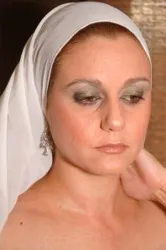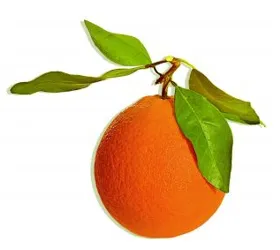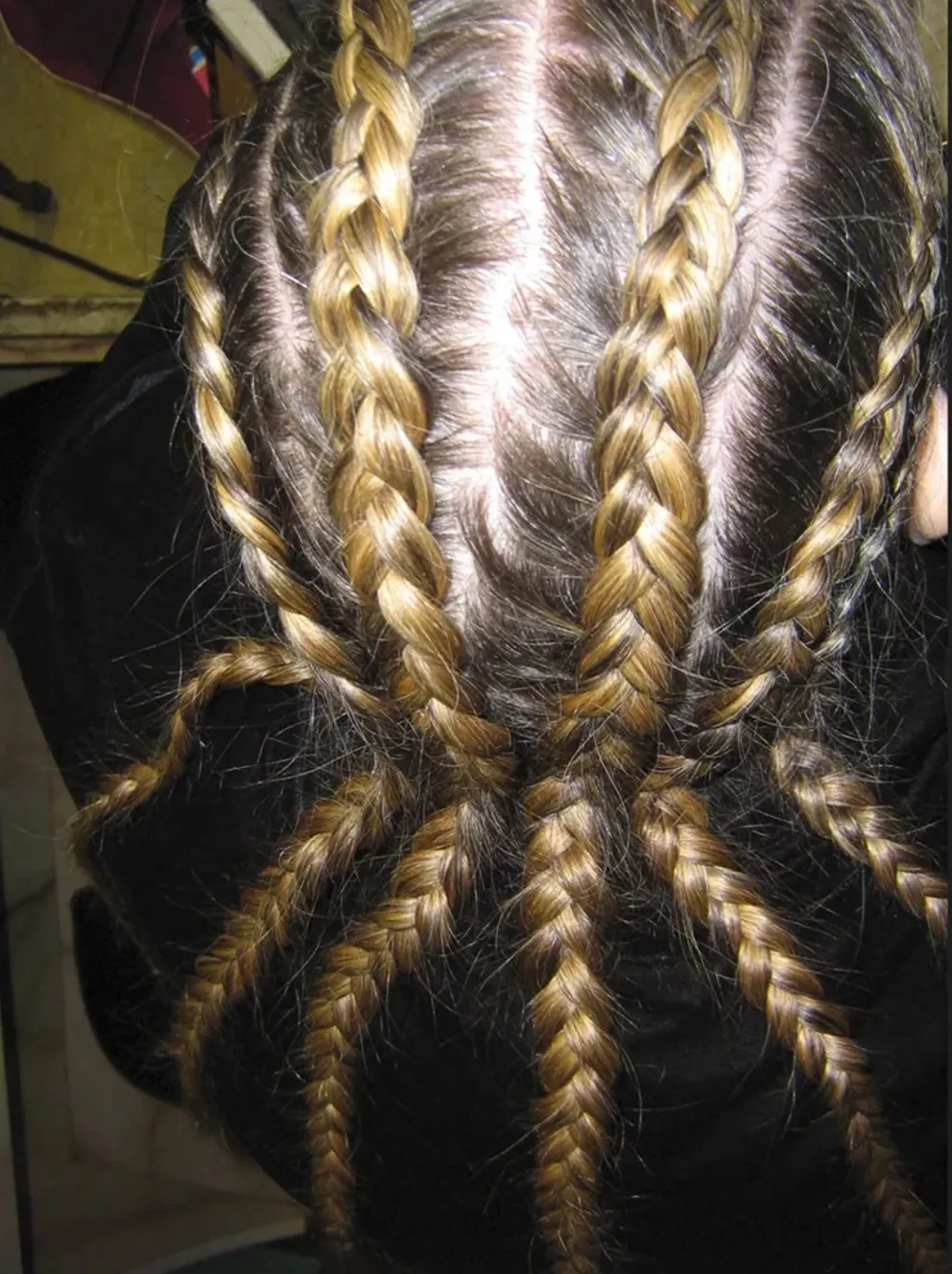
What To Do When Your Hair Catches Cold
IntroductionDuring the Winter months it is fairly common for many of us to do battle with the common cold that is caused by an infection of the upper respiratory tract. What causes the sneezing, runny nose, burning sore throat, feverish headache and coughing symptoms that can make us miserable and achy? One of over 200 different strains of the cold viruses lurking on air-borne droplets, infected hand-to-hand contact and contaminated foods. Mild colds typically last anywhere from 2-8 days with the initial incubation period lasting 1-3 days. Serious colds can last up to 14 days depending on your general overall health and any other circumstances. Colds are sometimes confused with the flu which has a completely different type of viral signature. While a cold virus may produce fevers up to 102 degrees in infants and children, as a rule, any significant or prolonged amount of fever indicates a type of influenza has moved in to your body. Influenzas also invade stomach and elimination systems which is also not common with cold viruses. Most colds come and go along with your wads of tissue and blow-weary nose. Others can inflict additional complications as serious as sinusitis and life threatening forms of pneumonia. Less serious, but equally frustrating, is the damage colds can inflict on your unsuspecting hair follicles. Can Hair Catch A Cold?Yes, in a manner of speaking a cold virus can pass excess mucus and toxins to other parts of your body including your scalp which is host for your hair roots. In rare cases, an exceptionally high or prolonged fever may cause some hair loss in people of all ages. More common is the case where hair reacts to the viral assault on its host body by going into a sudden shedding and hair loss mode. Usually the loss is temporary and will stop once the effects of the cold virus has been cleared. Hair may also react to cold induced physical stress by “acting up” in other ways such as manifesting changes in the overall condition of the hair. Normally balanced hair may suddenly become lank, lifeless, oily and greasy or dry and crunchy. Although you should note the changes, don’t panic because these effects are usually only temporary in nature. Nurturing For Hair With ColdsWhat can you do to combat the cold virus effecting your hair? Conventional medicine recommends that colds be treated with plenty of rest and lots of fluids like water, chicken soup and juices high in vitamins and minerals. When needed, decongestants, antihistamines and cough aides are recommended. The same prescription holds for your hair care. Load up on citrus fruits and juices rich in vitamin C like orange and grapefruit. Suck on cold fighting zinc lozenges at the earliest signs of a cold infection. Crank up your use of royal jelly and vitamin B complex. Both have proven antiviral properties and will help strengthen hair. If you buy vitamins designed specifically for hair, be sure to take them religiously during the onset of your cold. Vitamins and minerals formulated for hair health will counteract the impact the cold will have on your scalp and hair. Should you take aspirin? It is not recommended as a cold aide unless symptoms are serious. Not only does aspirin increase your contagiousness to other people, it increases viral shedding. There is also no proof that it will help hair suffering from a cold. There’s Nothing Like A Cup of TeaFreshly made sage or nettle tea taken internally or as a hair rinse may help purge your head of the virus and help your hair recover from the cold by re-promoting normal hair growth. Make your own sage or nettle tea by pouring boiling water on two to four fresh sage leaves or nettle leaves from the health food store. Let the tea seep until it is cool enough to drink or use on your scalp as a final rinse after you shampoo. If you prefer prepackaged options Celestial Seasons makes some great teas to help your body and hair fight the ravages of a cold. The cold fighting herb echinacea is a primary ingredient in three of their teas. The Detox AM., Echinacea Herb Tea, and the Echinacea Cold Season tea are chock full of cold fighting goodies. Select one or all of the teas, brew it up and either drink it or use it to rinse your scalp after your shampoo. You can find Celestial Seasons at most large grocery and health food stores. Soak Your Virus AwayTo help your hair as well as your entire body recover you can add a drop or two of tea tree, lemon lavender or eucalyptus essential oils into a hot bath and then soak. Tea tree and lemon oils will help combat the cold virus germs. Lavender oil will help you relax and sleep. Eucalyptus oil can kill bacteria and sooth inflamed mucous membranes. Although natural oils and aromatherapy products are normally safe for the majority of people, if you are highly sensitive or have asthma or hay fever you may have a reaction to some or all of the oils. Never apply aromatherapy oils directly to the scalp without first mixing with a carrier oil. When in doubt check with your physician before using a product that you are unsure might trigger your allergies. If you prefer a ready made formula California Baby makes a wonderful Cold & Flu Bubble Bath formula that contains cold fighting natural oils including healing eucalyptus. Cold Fighting Scalp TonicWise Ways Herbals has two wonderful hair oils that contain natural oils designed to help deal with hair loss problems. These oils can help with problems that may result from the onset of a cold or related illness. The Wise Ways Goldilocks Hair oil includes extracts of basil, nettle & rosemary leaves, lavender flowers & burdock root, oils of rosemary, lavender, basil, jojoba & coconut. The Goldilocks is made in an olive oil base.
Massage the Wise Ways oil of your choice into your scalp to help it detoxify and recover from your viral attack. After you apply and massage the oil mixture into your scalp, wrap your head in a warm towel and leave on for up to two hours. Shampoo and dry. Tea Tree and lemon oils are also known cold fighters. If you prefer, you can create your own instant scalp and body massage oil by mixing just a drop or two of either tea tree or lemon oil with a light carrier oil like almond, jojoba or sesame. Cold Fighting Hair RecipeThis is a great recipe for cold fatigued hair that may have become unexpectedly oily or greasy during your bout with a cold virus.
Hair Recovery Dos & Don’tsWhile your scalp and hair are recovering from a cold it is wise to pamper it with special care. Use your best shampoos and conditioners and take a break from using lots of heavy styling products that can clog the scalp or the hair follicles. Whether you use any of the suggested teas, baths or massage oils, it is important to remember to give your hair a rest from chemical or other harsh treatments in a cold weakened condition. If you had been planning a new perm, highlights or relaxing treatment, try to reschedule for a time when your body is healthy and not fighting a cold virus. If your hair reacts to a cold by becoming unmanageable, be patient and give it a few days to balance and adjust. Just like your body, over time, your hair will recover and be good as new. SummaryCan you prevent your body and your hair from catching cold? Physicians have proven that avoiding large crowds during cold season may limit your exposure to air-borne cold germs. Washing hands with hot water and soap after any suspected contact with virus infested situations is also a good precaution. Taking extra good care of your body and hair during cold season will also give you more strength to fight off any exposures to others with colds. When you feel the slightest symptoms of a cold you can try to cut if off at the chase by ingesting some of the new homeopathic cold remedies. Boiron markets Cold Calm at most health food stores. The key is to take the tablets at the very first hint that a cold may be lurking in your system. Although is not a guarantee, sometimes you can completely eliminate or shorten a cold attack by using the Cold Calm tablets. |
|
If you want to talk more about this or other hair care articles on HairBoutique.com or anywhere else, please post a message on HairBoutique.com's Hair Talk Forums.
|
Social Media Network Information
Please follow us on Twitter at: https://Twitter.com/HairBoutique. I look forward to meeting new people from all walks of Twitter and learning from their Tweets.

















